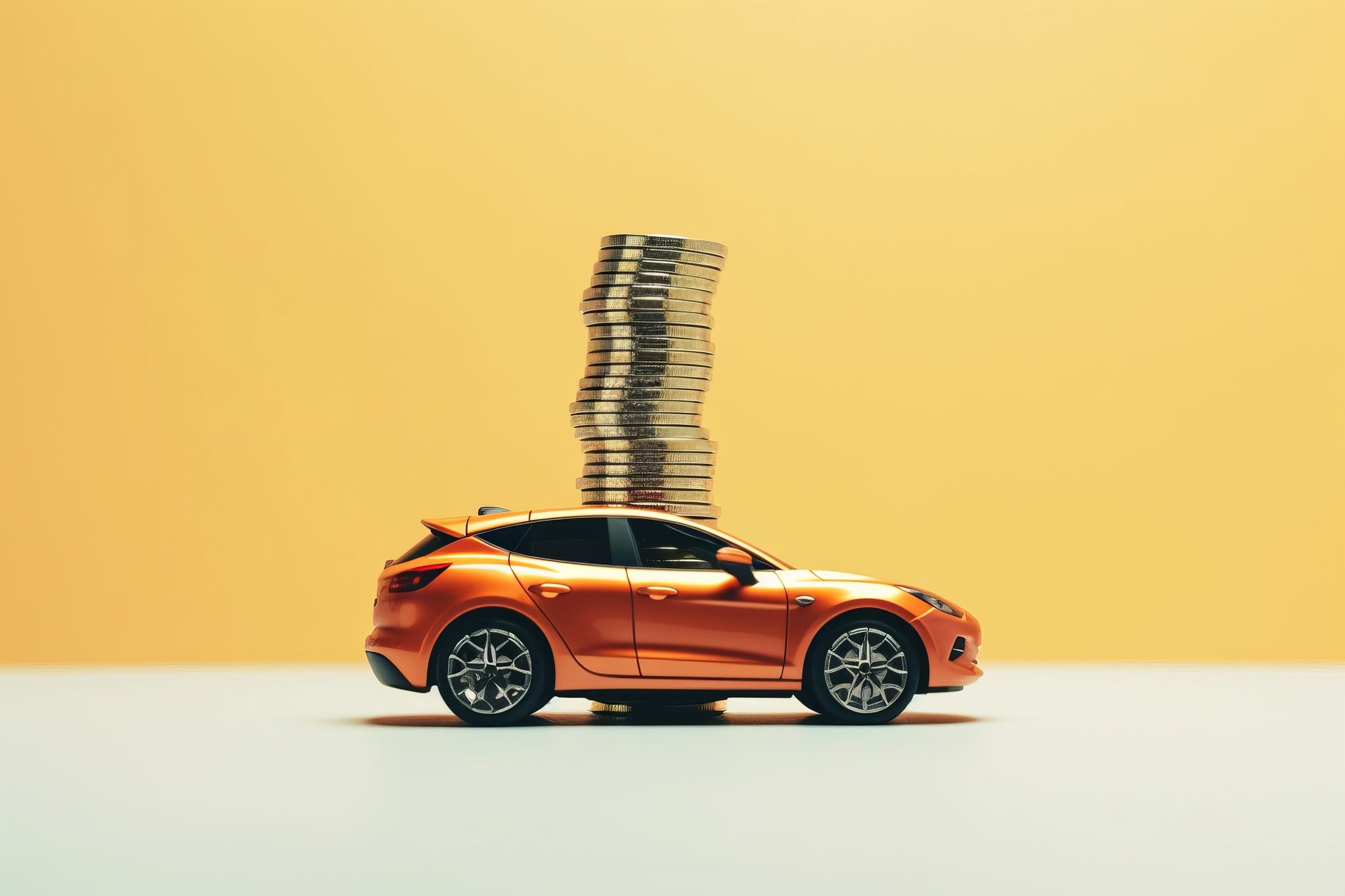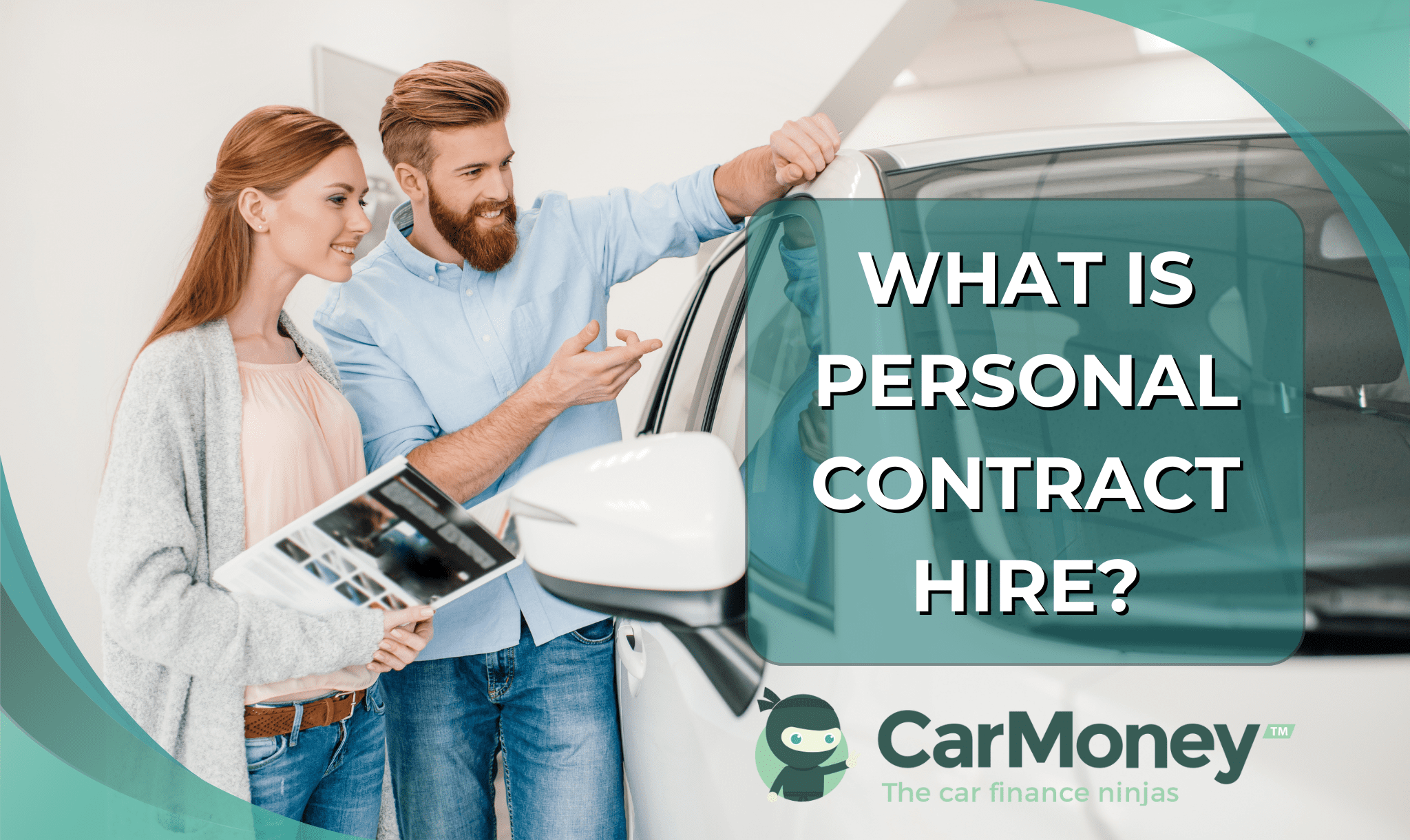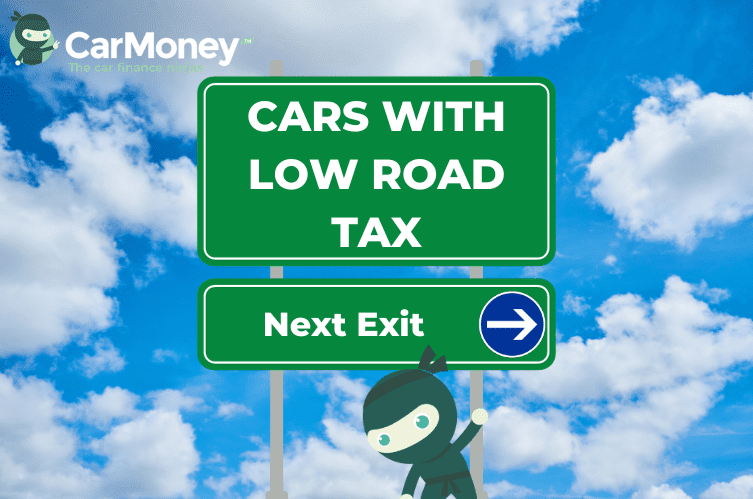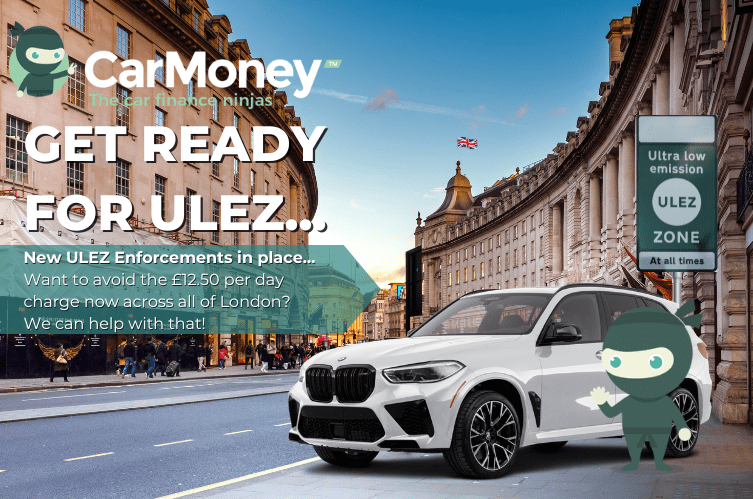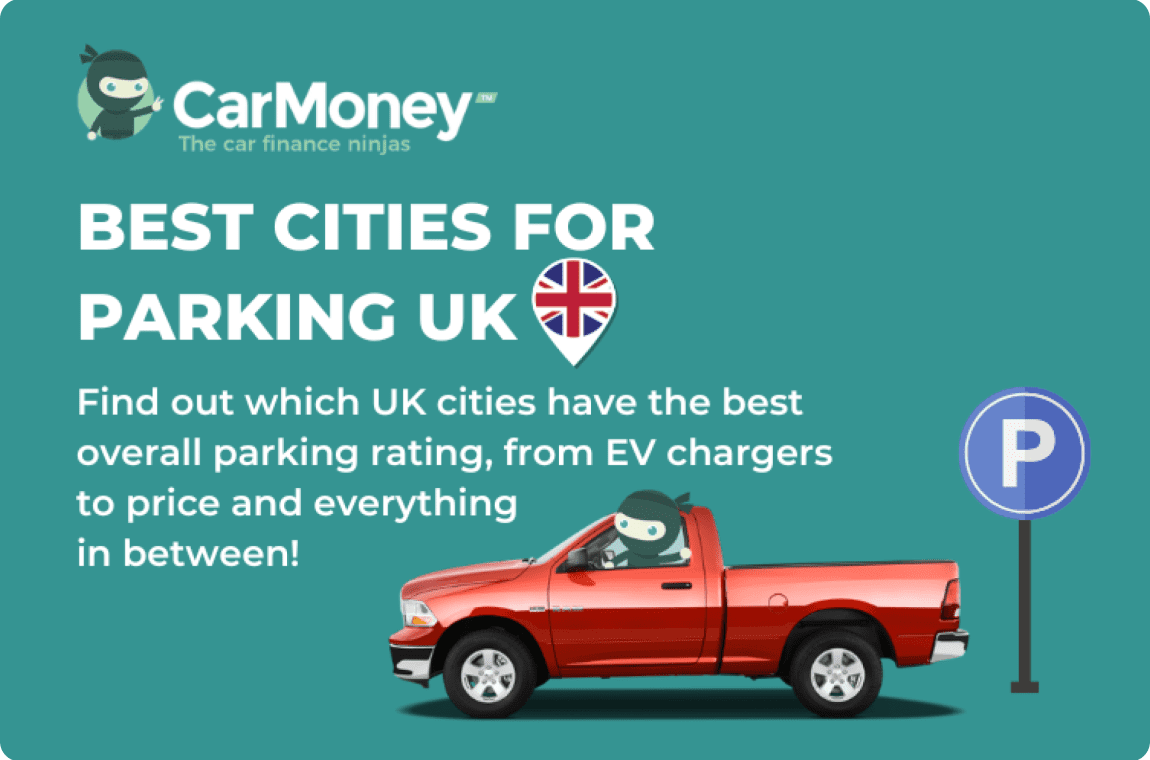Car Finance Explained – PCP, PCH & HP
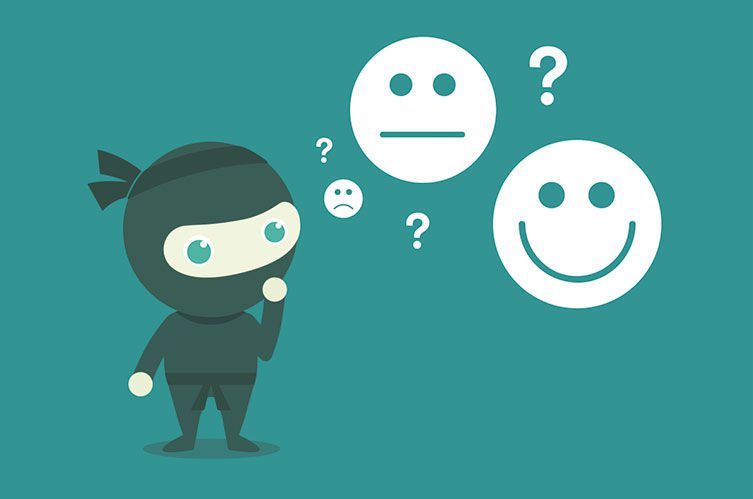
Ever wondered what the difference was between PCP, PCH and HP? Here we’ve answered the most common car finance option questions to help you understand which is best for you.
Buying a new car is an exciting time. Choosing the right finance however, can be a tricky business. As with any large purchase, ensuring that you choose the right car finance is an important decision.
So what really is the difference?
We’ll walk you through each of the main options you have when purchasing a car. We’ll explain the good and important considerations when it comes to car finance. We’ll cover: Personal Contract Hire or PCH, Hire Purchase or HP and Personal Contract Purchase or PCP.
Personal Contract Hire And Leasing
Personal Contract Hire is ideal if your end goal is to simply have use of a car for a set time period and if you do not wish to purchase the car. The contract is to lease the car for a fixed period of time, with monthly instalments. Once the vehicle contract hire ends, the car is returned and there are no more fees to pay.
The Good
It gives you the peace of mind knowing how much you’ll need to pay, and there is no need to think about how much you’re likely to be able to sell the car for afterwards. In addition, the vast majority of leasing companies can help you avoid unforeseen issues such as needing to repair the car, by including this into the price. If you were looking to buy the car, you can certainly expect to pay much more than the cost of this type of contract. You will be more likely to be able to drive a car which could otherwise be out of your price range.
To Think About
Unfortunately, you won’t be able to purchase the car at the end of the contract – you’ll have to hand it back. Before you sign the lease, you’ll need to come to an agreement on the amount of miles you expect to do during the contract. If you were to exceed this limit, costs could be incurred. Once the contract is signed, you’re expected to continue payments until it comes to its natural end. If you were to want to stop at any time, there would typically be an additional cost involved.
Hire Purchase or HP – How does it work?
When signing a Hire Purchase agreement, there are 2 elements you need to pay. Firstly, an upfront deposit is usually required, secondly; monthly instalments which cover the whole value of the car. Once you have successfully completed all of the monthly payments required: the car is yours.
The Good
As you’re typically spreading the payments over 3-5 years, you don’t need a large sum of money to hand when taking out this kind of contract. As the car is completely yours, you won’t have to worry about excess mileage charges which other contracts such as Personal Contract Purchase, or Personal Contract Hire can incur. Once you’ve paid all of your monthly instalments or have paid the remaining balance, you are the sole owner of the car.
The Think About
With this type of contract, the monthly instalments can be considerably higher. It’s worth comparing the monthly fees associated with all types of car finance to ensure you choose the right one which suits your budget. If you need to sell the car, you’ll be required to settle the remaining balance. Until all installments have been paid, you won’t own the car and therefore you’ll need to insure and service the car until you’ve paid in full.
What is Personal Contract Purchase?
With PCP Car Finance you’ll normally pay a deposit and have monthly payments to be made. However, instead of the monthly payments paying off the value, these payments are contributing to the depreciation of the cars value. If you wish to keep the car at the end of the contract, you’ll be required to pay a final fee known as a balloon payment.
What do I need to know about Personal Contract Purchase?
At the beginning of the PCP finance contract, there is a Guaranteed Future Value or GFV determined. This sets out what the provider expects the car to be valued at when the contract comes to an end.
Essentially, what you’ll be paying the value of the difference between what the car is when you take out the contract, compared to what the value of the car will be at the end – with the addition of interest. This is divided into chunks to be paid over a certain period, for example 3 years.
At the end of the contract, you’ll have a number of options to consider:
● Keep the car – you can choose to pay the balloon payment.
● Give the car back – there’ll be nothing more to pay, as you’ve paid the Guaranteed Future Value
● Part Exchange – swap your car and pay the remaining balance of the finance agreement
The Good
As you’re only paying the depreciation value, this is lower than the full value of the vehicle – therefore you’ll be paying lower instalments than buying the car out right. If at the end of the contract you don’t wish to purchase the car, you can simply return it – no questions asked. Should you prefer to have a new car every few years, this type of contract would suit – as you won’t have the hassle of trying to find a buyer. If at the end of the contract, you find you have equity in the car, you’ll be able to use this to put down a deposit on another car.
To Think About
If during your PCP car lease, you have an accident – then you’ll be liable for any repairs required. If you wish to keep the car at the end of the contract, bare in mind there will be a balloon payment which brings you up to the full value of the car. At the beginning, you’ll set out the amount of mileage you expect to do – any excess mileage could lead to charges. Should you wish to sell the car, you’ll need to first settle the final payment and you should also keep the car well maintained and in good condition to maintain the value in the car – this is especially important should you not wish to pay the final balloon payment at the end.
Settling your Personal Contract Purchase early, how does it work?
Should you wish to pay your final balloon payment early, you’ll have to cover the cost of the depreciation between when you took out the contract and what the vehicle is worth now. It might be the case that you’re in positive equity, which will allow you to use this as a deposit on your new car.





